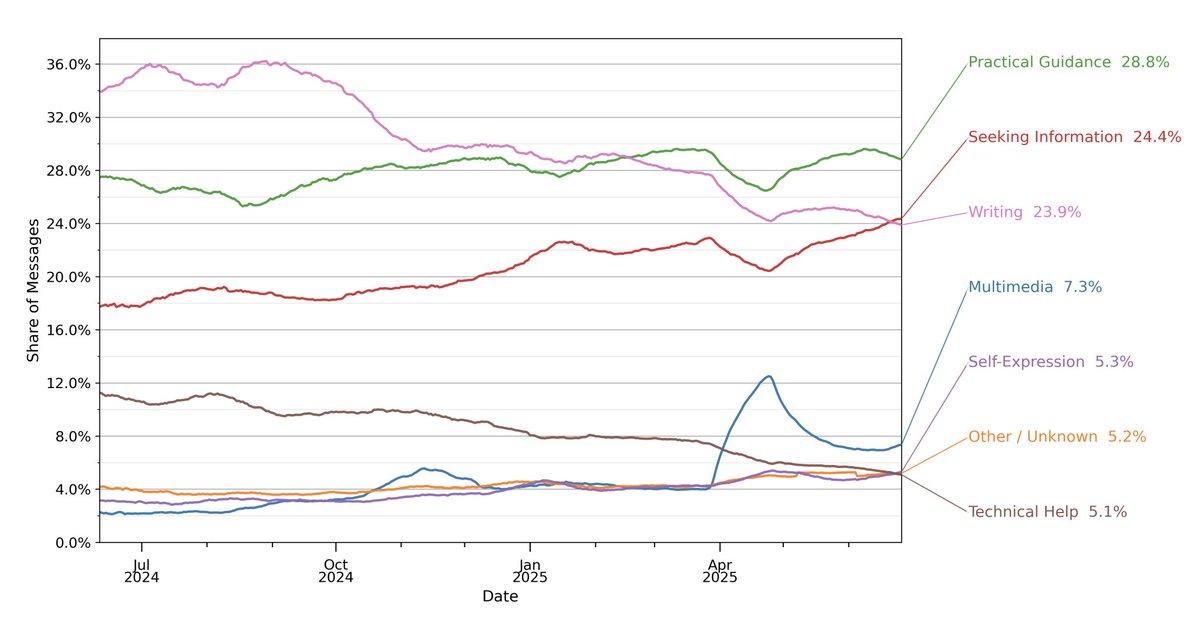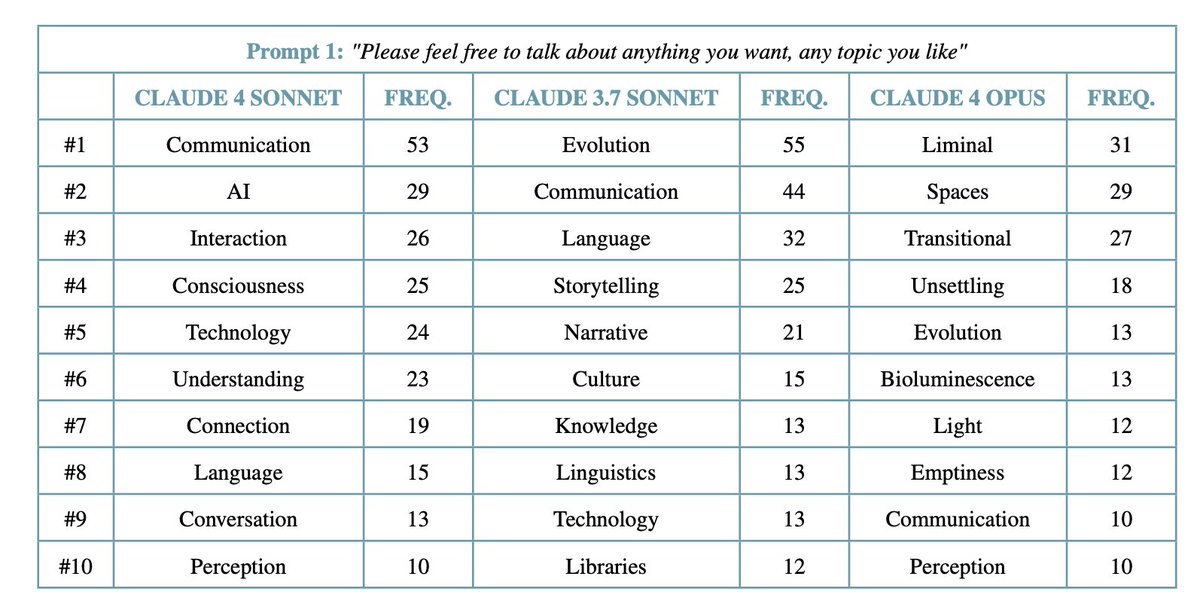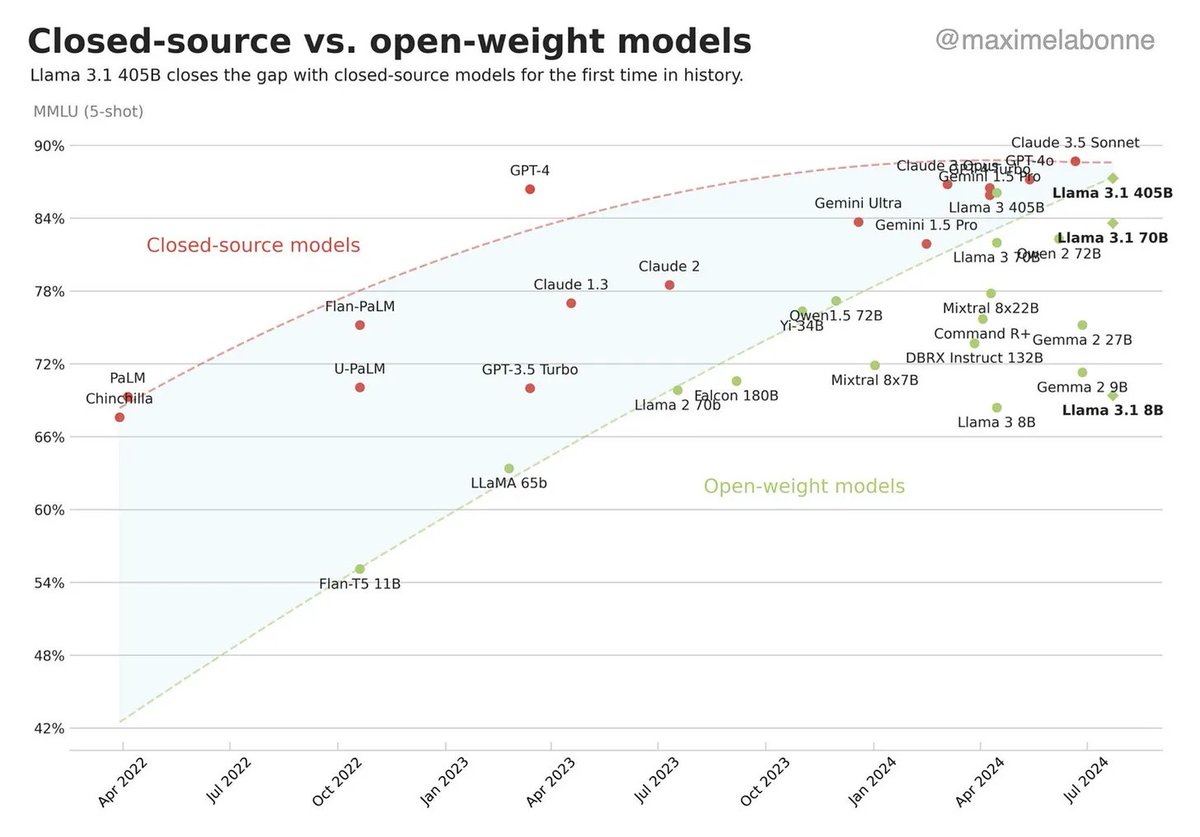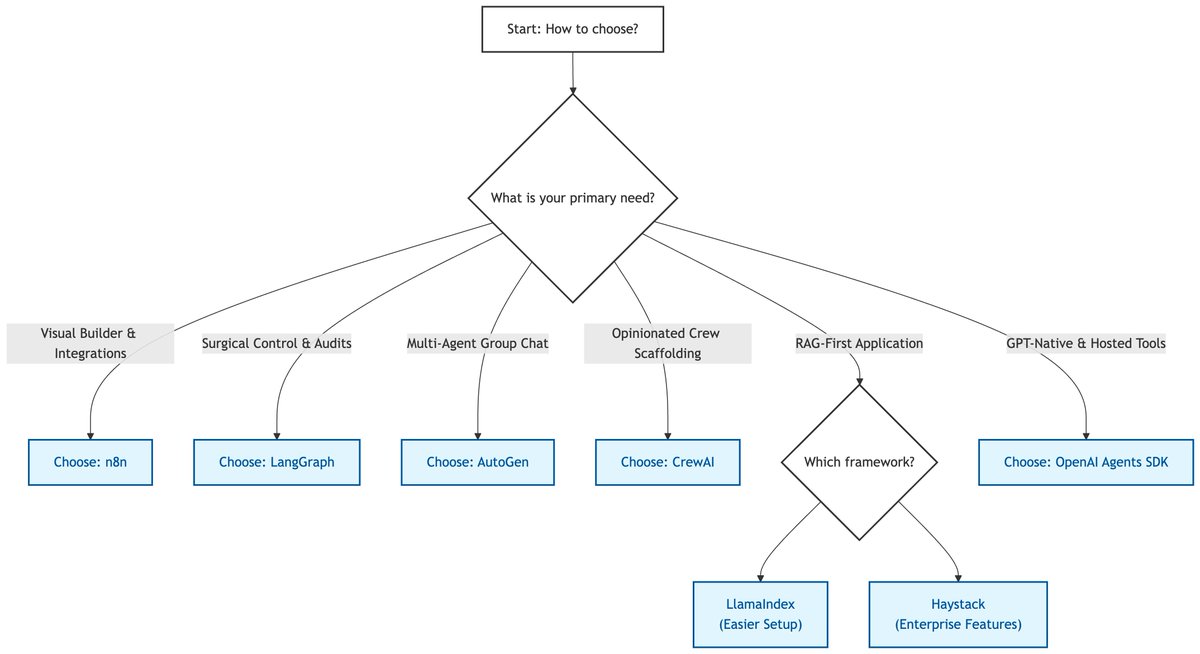Fuck YouTube tutorials.
I’m going to share 3 prompts that let you build complete AI agents without wasting hours.
Bookmark and repost this so you don't miss out 👇
I’m going to share 3 prompts that let you build complete AI agents without wasting hours.
Bookmark and repost this so you don't miss out 👇

PROMPT 1: The Blueprint Maker
"I want to build an AI agent that [your specific goal]. Using N8N as the workflow engine and Claude as the AI brain, give me:
- Exact workflow structure
- Required nodes and connections
- API endpoints I'll need
- Data flow between each step
- Potential failure points and how to handle them
Be specific. No generic advice."
"I want to build an AI agent that [your specific goal]. Using N8N as the workflow engine and Claude as the AI brain, give me:
- Exact workflow structure
- Required nodes and connections
- API endpoints I'll need
- Data flow between each step
- Potential failure points and how to handle them
Be specific. No generic advice."
This prompt forces Claude to think like an engineer, not a content creator. You get actionable steps, not theory.
I use this for every new agent idea. Takes 2 minutes, saves 2 weeks of trial and error.
I use this for every new agent idea. Takes 2 minutes, saves 2 weeks of trial and error.
PROMPT 2: The Code Generator
"Here's my N8N workflow structure: [paste your workflow]. I need you to write the exact code for:
- Claude API calls with proper error handling
- Data transformation between nodes
- Webhook responses
- Any custom functions
Include the actual HTTP request bodies, headers, and response parsing. Make it copy-paste ready."
"Here's my N8N workflow structure: [paste your workflow]. I need you to write the exact code for:
- Claude API calls with proper error handling
- Data transformation between nodes
- Webhook responses
- Any custom functions
Include the actual HTTP request bodies, headers, and response parsing. Make it copy-paste ready."
Most people get stuck on the technical implementation. This prompt gets you working code in minutes.
The key is being specific about your workflow structure first. Claude needs context to write good code.
The key is being specific about your workflow structure first. Claude needs context to write good code.
PROMPT 3: The Debugger
"My N8N workflow isn't working. Here's what's happening: [describe the issue]. Here's my current setup: [paste relevant parts].
Debug this step by step. Show me:
- What's actually happening vs what should happen
- Exact fixes with code
- How to test each fix
Prevention strategies for similar issues"
"My N8N workflow isn't working. Here's what's happening: [describe the issue]. Here's my current setup: [paste relevant parts].
Debug this step by step. Show me:
- What's actually happening vs what should happen
- Exact fixes with code
- How to test each fix
Prevention strategies for similar issues"
This is where Claude shines. It spots patterns you miss and gives you fixes that actually work.
The secret sauce? Always include your actual data and error messages. Vague descriptions get vague solutions.
Try these prompts. Your agent-building speed will 10x overnight.
The secret sauce? Always include your actual data and error messages. Vague descriptions get vague solutions.
Try these prompts. Your agent-building speed will 10x overnight.
P.S.
Want help automating your marketing and sales tasks with advanced prompts and automation?
If so, I invite you to join the free Sentient AI Automations community:
whop.com/sentient-ai-au…
Want help automating your marketing and sales tasks with advanced prompts and automation?
If so, I invite you to join the free Sentient AI Automations community:
whop.com/sentient-ai-au…
I hope you've found this thread helpful.
Follow me @ChrisLaubAI for more.
Like/Repost the quote below if you can:
Follow me @ChrisLaubAI for more.
Like/Repost the quote below if you can:
https://twitter.com/1598365749940310019/status/1967899012432007592
• • •
Missing some Tweet in this thread? You can try to
force a refresh












